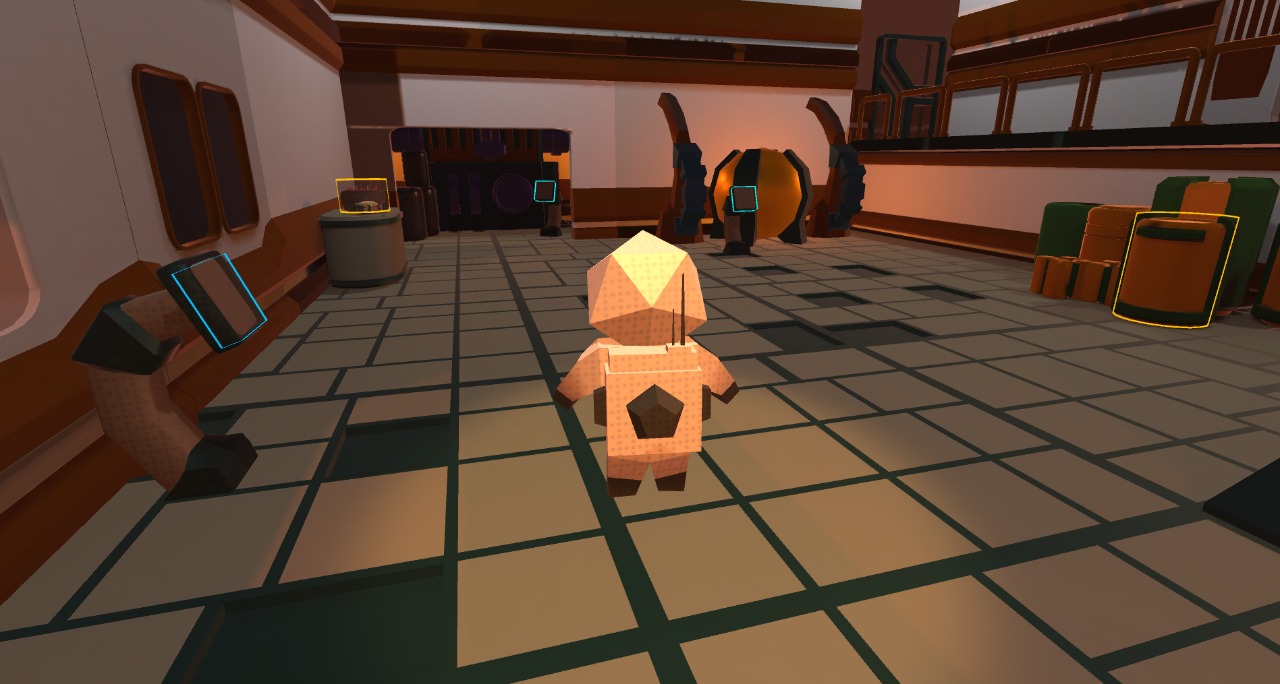The Problem
 Programming can be an area of
considerable difficultly for
many first year Computer Science students. Students are
required to engage with unfamiliar constructs such as if-statements and for-loops, and develop
logical thinking skills.
A common issue is the problem of student engagement. Students are not engaged with their coursework
enough to
grapple with the challenging concepts they are faced with.
Programming can be an area of
considerable difficultly for
many first year Computer Science students. Students are
required to engage with unfamiliar constructs such as if-statements and for-loops, and develop
logical thinking skills.
A common issue is the problem of student engagement. Students are not engaged with their coursework
enough to
grapple with the challenging concepts they are faced with.
Our Solution
 A
potential solution that has received significant attention in
the past two decades is that of Game-Based Learning (GBL). While it is broadly established that
game-based learning can
be an effective tool to increase student motivation and learning, there is a lack of research into
the impact of genre or
specific game elements on the effectiveness of GBL software.
A
potential solution that has received significant attention in
the past two decades is that of Game-Based Learning (GBL). While it is broadly established that
game-based learning can
be an effective tool to increase student motivation and learning, there is a lack of research into
the impact of genre or
specific game elements on the effectiveness of GBL software.
Two Educational Games
-

Code Rover
Code Rover is an educational first-person puzzle game in which students write Python code to control a space rover and navigate an alien planet.
Learn More -

PyStory
PyStory is an educational programming game with strong narrative elements in which student plays as an astronaut who has crash landed on a distant planet.
Learn More